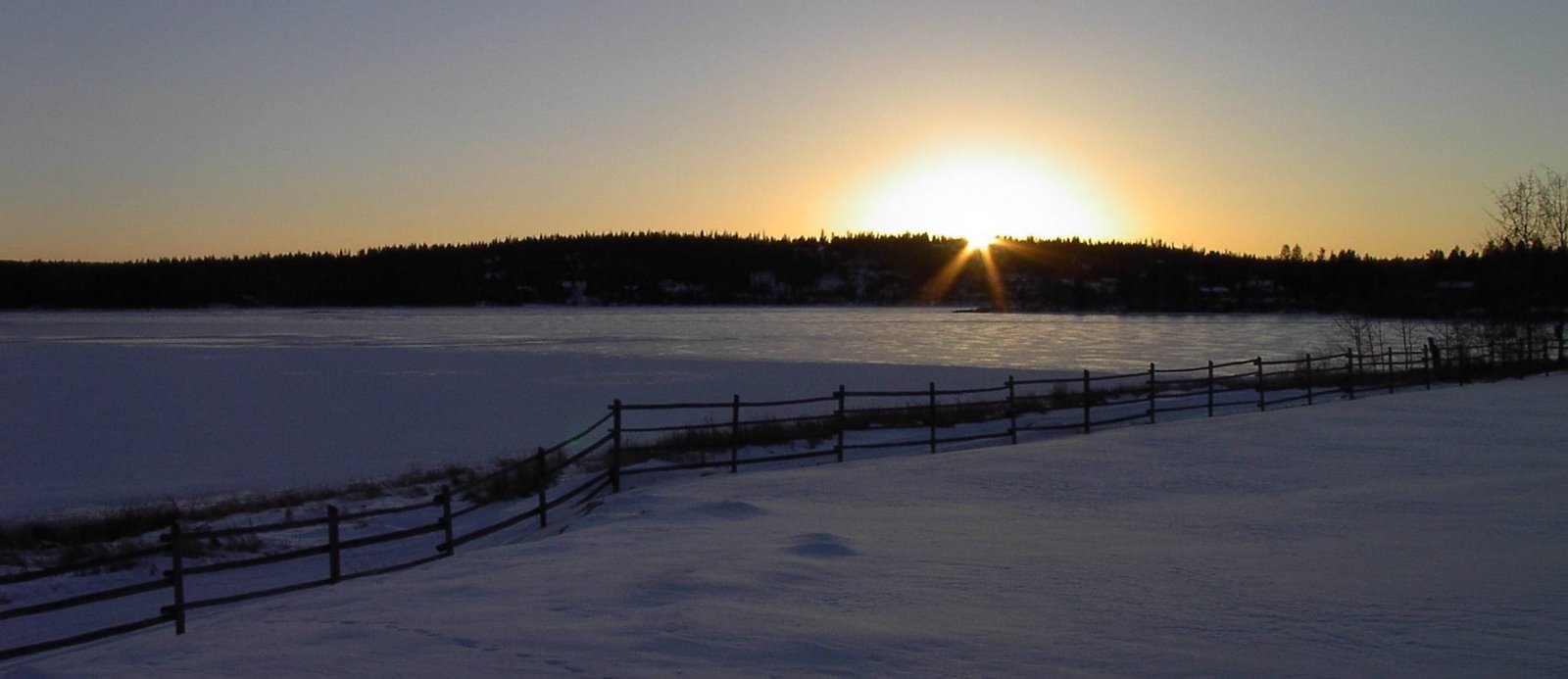 |
| The Fraser looking towards X'axlip in the winter |
 |
| Same place but in the early fall |
I love the land along the Fraser from Lytton through to near Williams Lake. It is a landscape that speaks to on a very personal level but it is also a place that neither English or German describe well. Look at the two pictures of this canyon on the Fraser and think about how short we are of words to name the features we can see.
Language matters because all languages are strongly tied to the time and place they come from. Languages do evolve over time but always retain their core connection to the culture and place they come out of. Protecting the land or the culture becomes very hard if the very words and phrases to describe it are lost.
English is a language that evolved to describe a cool, damp, and green island off of the coast of Europe. In English there is no end of ways to talk about damp and rainy weather. There are no end of words for small brooks or creeks, hills have a mass of words. At the same time there is only one word for mountain, one word for a river, and one word for lake. Green can be named in numerous ways but brown has few words and most of those recent created ones like "coffee" or "chocolate".
Aboriginal people are working hard to protect the lands they have inhabited since the start of human history. In working for First Nations I could tell that there was something else going on about why the land mattered and that this is not simply a real estate transaction but few people could still express what the land means to them.
In St'at'imc, the word for the people (úcwalmicw) and the land (tmicw). Who the St'at'imc are as a people and culture is tied to the land in a very intimate way but they can not describe this in English. I have seen the frustration in leaders who know there is something more but they can not say what it is. Working in English on aboriginal title and rights issues leads to frustration on all sides.
I remember living at Pavilion Lake and having this amazing changing landscape in front of my doorstep. In the winter when the lake froze we suddenly had all this landscape to walk on. We set up tables on it, we fished in the lake through holes in the ice, I took Laika for long walks on the ice. What I could not do was easily describe this place.
 |
| View from our front door on Pavilion Lake |
The most amazing thing that would happen on the lake in the winter is when it would go down to -30. At this point the ice would have cracks suddenly appear. At night we would hear loud travelling booming sounds under the ice. I have no easy way in English to describe this like. It is as if rain had to cover mist and torrential downpour at the same time.
 |
| Ashcroft, a small town in a large landscape |
Not being able to speak of the places we live in means we alienate ourselves from the world around us. This is not healthy.
 |
| Farwell canyon |

